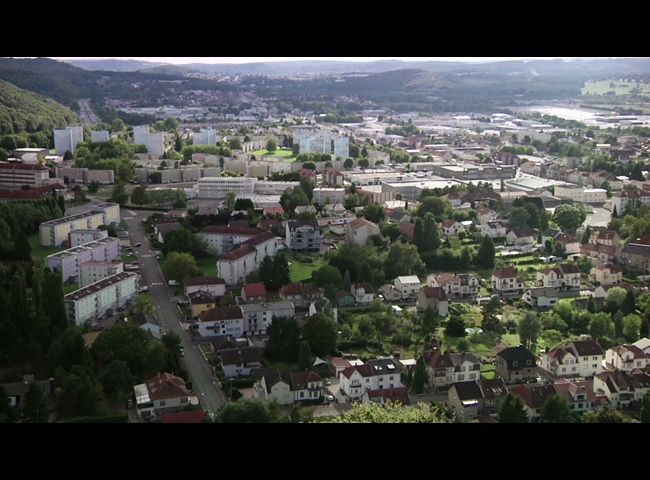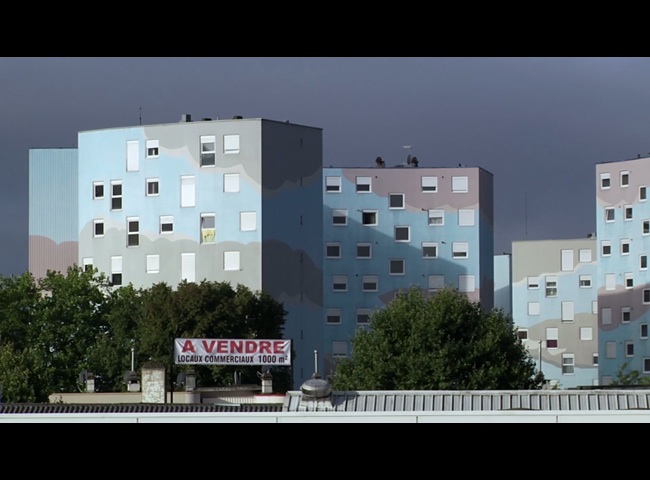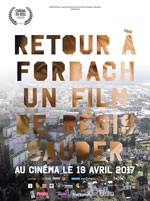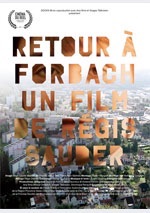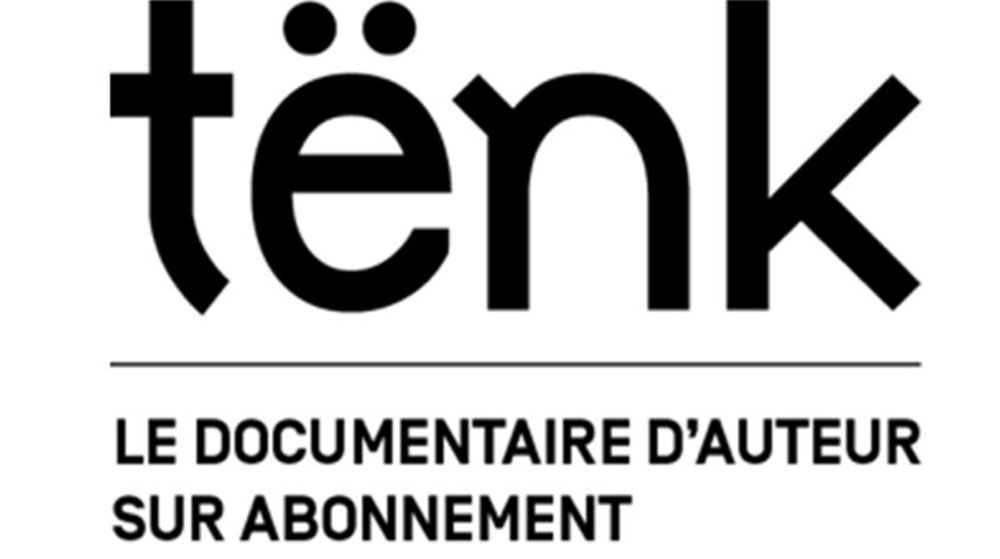Retour à Forbach
-
Réalisé par Régis Sauder • Écrit par Régis Sauder
-
France • 2017 • 79 minutes • Couleur
- Réalisation :
Régis Sauder - Écriture :
Régis Sauder - Image :
Régis Sauder, Thomas Weber - Son :
Pierre-Alain Mathieu - Montage :
Florent Mangeot
- Production (structure) :
Docks 66 - Coproduction :
Ana Films - Diffuseur :
Vosges Télévision - Participation :
Scam - Brouillon d'un rêve, CNC. Aide à l'innovation audiovisuelle, Région Provence-Alpes-Côte d'Azur, Région Grand Est, Procirep, La Culture avec la Copie Privée - Ayant droit :
Les Alchimistes
- N° ISAN :
ISAN 0000-0004-5956-0000-W-0000-0000-F
Résumé
Régis Sauder revient dans le pavillon de son enfance à Forbach. Il y a 30 ans, il a fui cette ville pour se construire contre la violence et dans la honte de son milieu. Entre démons de l’extrémisme et déterminisme social, comment vivent ceux qui sont restés ? Ensemble, ils tissent mémoires individuelles et collectives pour interroger l’avenir à l’heure où la peur semble plus forte que jamais.
“This is an old mining town in the east of Moselle, in the Lorraine coalfield, on the German border. Through war and annexation, it has at times been part of Germany and at others of France...” But make no mistake about the introduction: this Return is resolutely filmed and written in the first person. It is the return of a local boy, a perpetual outsider in a town that frowned upon his dual parentage (a schoolteacher father born in Lorraine and a pied-noir mother) and his inability to speak 34 the Lorraine dialect. Thirty years after his depar- ture, he realises that his family roots are wither- ing, and that he has not returned to revive them. Here, autobiography serves as a springboard into an enquiry run through by the powerful landscape photography and one pressing question: why did this traditionally working-class town succumb to the siren songs of the Front National in 2014? Former chums who still live in Forbach and a local historian deliver a plu- ral and complex answer. The film brings to the screen “lives that leave no trace” marked by the demise of the coal industry and business relocations, which create fertile ground for racism. Setting out to plunge back into the “hante” (“haunting”), which is in fact the local pronunciation of the French word “honte” (“shame”), Régis Sauder goes beyond the double betrayal – per- sonal and collective – to produce a people’s history of Forbach, which he sees as close to the work of Didier Eribon and Annie Ernaux.
(C.G.)
Mot(s)-clé(s) thématique(s)
À propos du film
Sélections et distinctions
- 2018 • Les Étoiles du documentaire • Paris (France) • Sélection
- 2018 • Scam • Paris (France) • Étoile de la Scam
- 2017 • Cinéma du Réel • Paris (France) • Compétition Française
